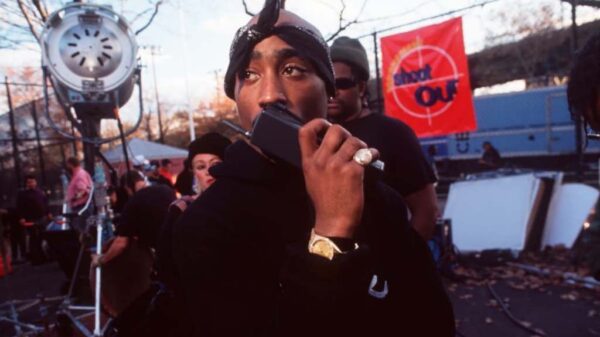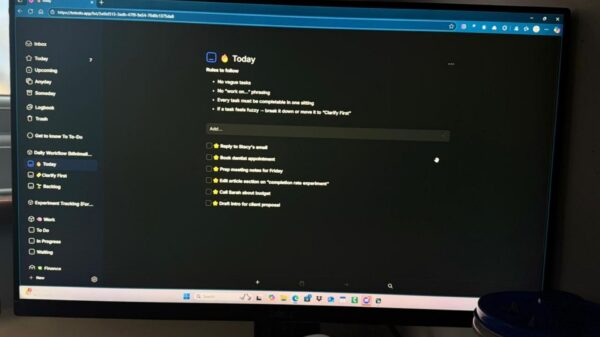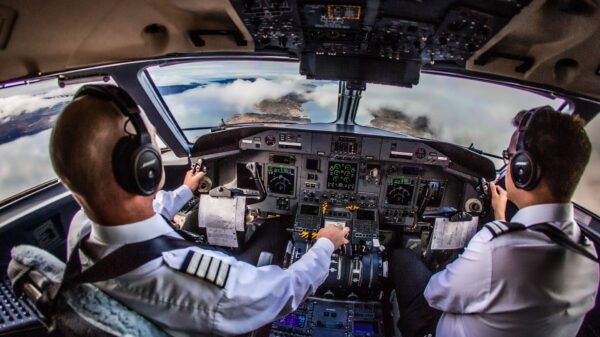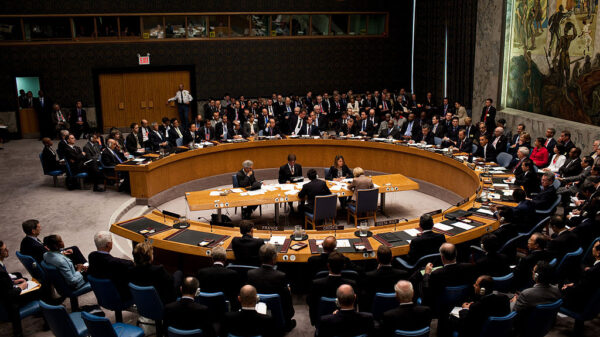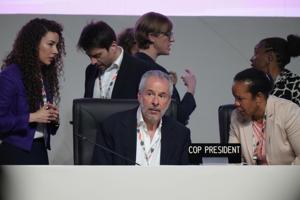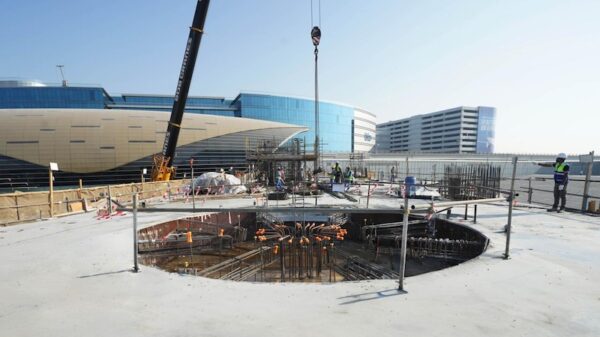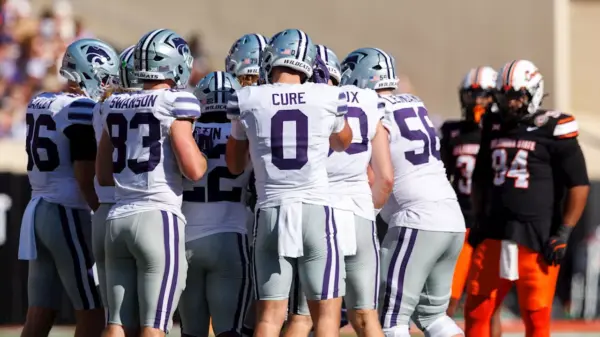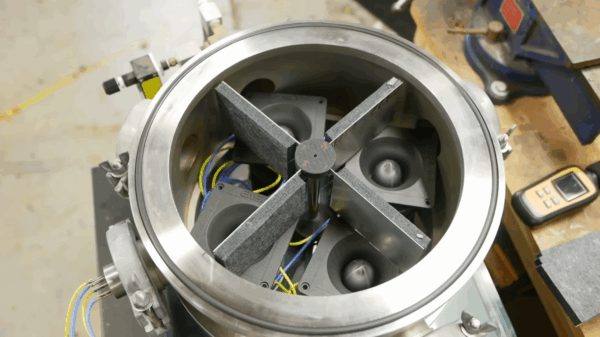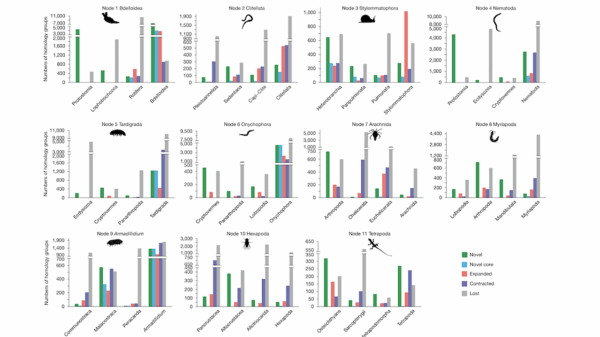Smoke from the wildfires that ravaged parts of Los Angeles in January 2023 has left many firefighters grappling with severe health issues. Reports indicate that responders experienced immediate symptoms such as intense migraines, persistent coughing, and vomiting upon exposure to the toxic smoke. Seven months later, some firefighters continue to struggle with respiratory problems that disrupt their sleep.
Fernando Allende, a 33-year-old member of the U.S. Forest Service, was among the first crews deployed to combat the flames. Initially, he believed he would recover from his persistent cough. However, while fighting another fire in June, he faced a life-threatening situation when he could not breathe. Medical examinations revealed blood clots in his lungs and a mass on his heart. Tragically, he was also diagnosed with non-Hodgkin lymphoma, a rare and aggressive cancer typically found in older individuals.
The risks associated with wildfire fighting are becoming increasingly apparent as climate change leads to more frequent and severe wildfires. Firefighters often work in hazardous conditions with little protection, frequently wearing only a cloth bandanna or no mask at all. This lack of proper protective equipment raises serious concerns about their long-term health.
Changing Nature of Wildfire Response
Historically, wildfire crews were seasonal workers who alternated between firefighting and other employment during the off-season. They typically faced a few bad smoke days each year and had time to recuperate. In contrast, the incidence of wildfires in the United States has increased significantly due to rising temperatures and prolonged periods of drought. As a result, firefighters are now often engaged in nearly year-round operations.
The consequences of this shift are profound. Many firefighters have reported chronic health issues stemming from prolonged exposure to smoke and other toxic materials. Symptoms include respiratory distress and fatigue, which can severely impact their ability to perform their duties effectively. One firefighter described how his once impressive six-minute mile pace has deteriorated to the point where running is now a struggle.
The situation highlights the urgent need for improved health and safety measures for wildfire crews. Firefighters, often regarded as American heroes, deserve better protection as they risk their lives battling dangerous blazes. As the climate crisis intensifies, ensuring these individuals have access to proper protective gear and medical support will be crucial in safeguarding their health and well-being.
Addressing these challenges will require not only increased funding for protective equipment but also a reevaluation of how wildfire response teams are structured and supported. Without significant changes, the health risks faced by these brave individuals may continue to escalate, potentially leading to more tragic outcomes like those experienced by Allende and many of his colleagues.




